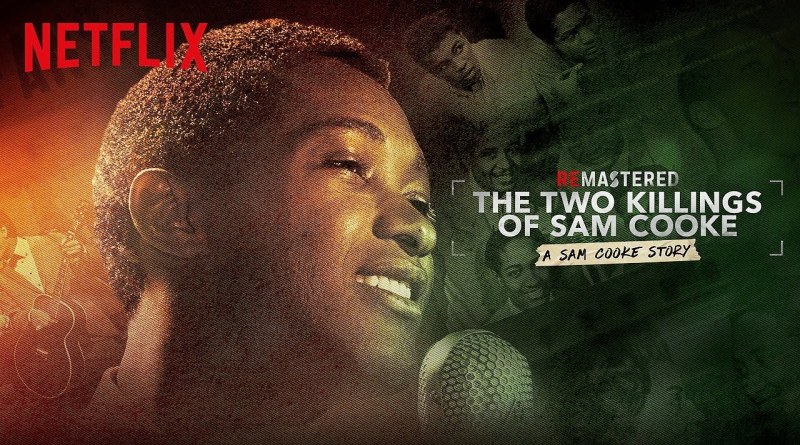You know Malcolm X, Martin Luther King Jr., and Muhammad Ali. But do you know Sam Cooke? Chances are he was born, blew up, and cut down before your time. He was not quite lost to the annals of history even if you've never heard of him.
This gospel crooner turned pop legend was more than met the eye. Most knew Sam as a clean-cut entertainer. He gained acceptance into the worldwide music landscape at a time when the American Civil Rights uprising was at its peak. Cooke longed to use his status as a famed singer and songwriter to bring respect, power and equality to the Black community.
While he did so much for his extended musical family, his personal life wasn't immune to tragedy or hubris. He created his own record label and publishing house to help free himself and other Black artists from their exploitative record contracts. At the same time, he suffered greatly after the passing of one of his young children. Not one to share in his grief he found comfort in the arms of admirers rather than the shoulders of his family.
Gaining this level of fame and notoriety during the era of Jim Crow was quite a feat for any Black musician. The Two Killings of Sam Cooke takes you on a nostalgic and rhythmic journey exploring just how he got there. The ride wasn't always smooth, but every bend, setback and breakdown pushed forward the narrative of who Sam Cooke was, and who he never got to be.
Sam Cooke worked with high profile political and spiritual leaders and influencers to change the conversation, perception and expectations of Blacks in America. He used his reach and pull to promote Black empowerment, redefine Black masculinity, and create a self-sustaining collective of Black wealth, education and propriety.
But we all know what happened to powerful Black voices in the 50s and 60s. Sam's influence may have become a threat to the status quo, and added fuel to the fire of a rapidly changing America. In many ways Sam made it. His drive became his success, and with success came visibility. Both brought risks.
The degradation of segregation and the Jim Crow south, amplified by the looming and direct threats of harm by the Ku Klux Klan and White supremacists, meant Sam's motivation went beyond his own freedom. He yearned to liberate his people – mind, body and spirit.
The tone of the documentary shifts from light and fluttery to dark and solemn. There are threads of hope and faith woven into despair and turmoil. One thing that stuck with me was seeing how far America has come since the false accusation and murder of Emmett Till and the Montgomery bus boycotts. But also how far it still has to go since the killing of Heather Heyer and rise of Neo Nazis and the Alt Right.
The under 1-hour flick is easy to follow and digest. Some swaths of Cooke's more hedonistic periods are glossed over, I presume to preserve his image. But we all have flaws. The intent of the documentary is to show Cooke as the complex, socially conscious and involved person he was.
Two Killings is safe for most teen and adult audiences. Any sense of racial awkwardness or discomfort is usually followed and alleviated by a groovy tune or touching testimony in the next scene.
If you're looking to learn a little more about Sam Cooke and the circumstances of his murder, give Two Killings a stream. If you're looking for a conclusive answer or closure on a conspiracy, you'll be left a little lacking.
I give The Two Killings of Sam Cooke 7.5/10.

